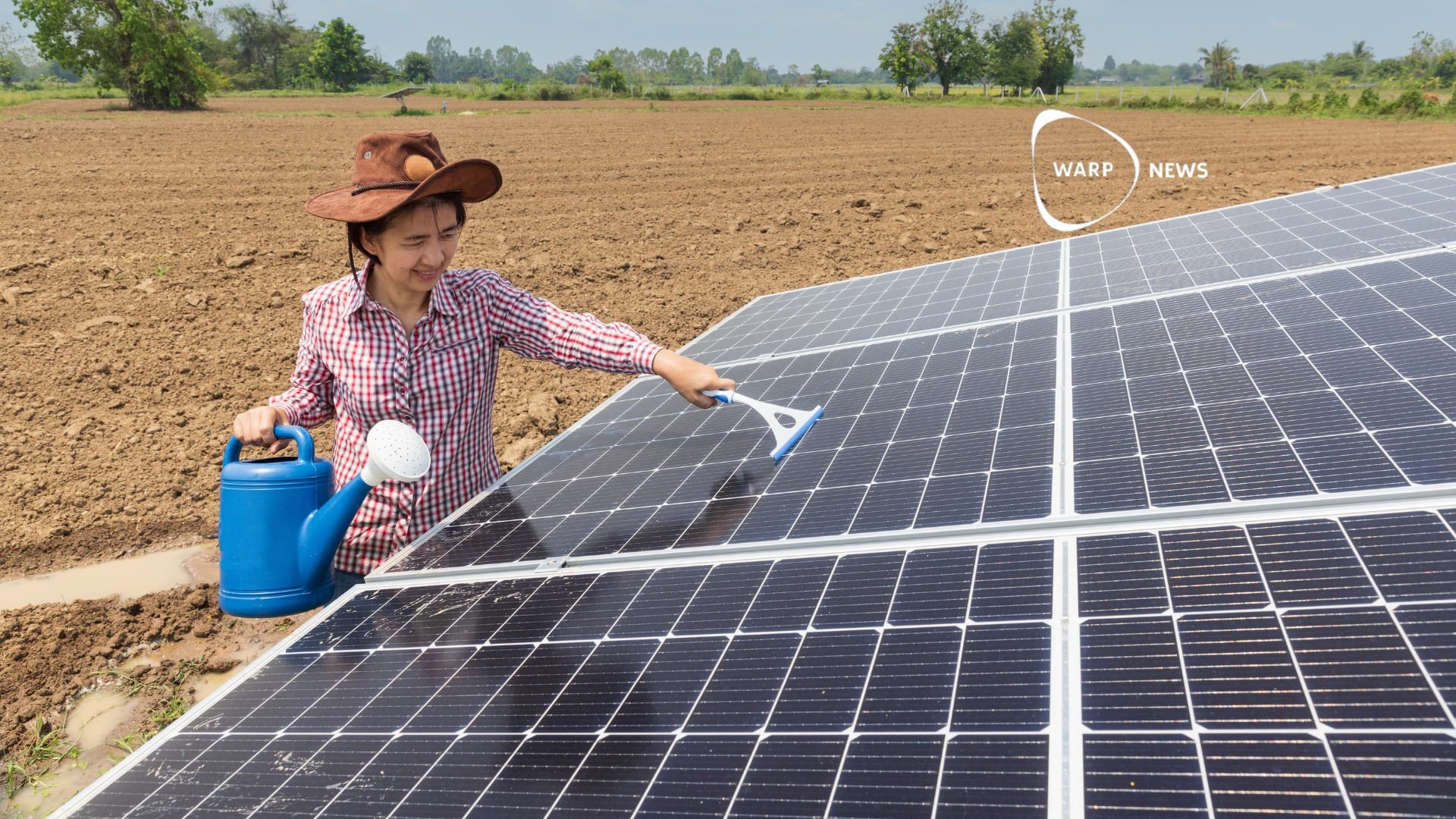♻️ Green Tech
Green Tech is an important part of the solution of climate change and other enviromental problems. Here you will find articles covering recycling, water purifying and tech used to conserve and protect natural resources. Also, news about Warp Green Tech Program will be found here.
📉 C02 emissions from energy in advanced economies at lowest level since 1974
Emissions in advanced economies fell by 4.5% during 2023. At the same time, GDP in advanced economies grew by approximately 1.7%. Coal use in advanced economies is down to the same level as in 1900.
🏭 Has China’s CO2 emissions peaked? New stats suggest so
China’s CO2 emissions decreased by 3% in March. Solar and wind covered 90% of the growth in electricity consumption, reducing the share of fossil fuels in electricity production. With the rapid increase in EVs, structural changes are occurring, suggesting that emissions may have peaked in 2023.
🐮 Volta Greentech's new feed supplement reduces methane emissions from cows - secures $3 million investment
Volta Greentech secures $3.2 million to develop the second generation of the feed supplement Lome. The new supplement reduces greenhouse gas reduction costs by ten times. The company aims for a large-scale launch in 2026.
🌍 The planet has likely passed "peak pollution" – emissions will now only decrease
The world has likely passed "peak pollution" for harmful local air pollutants. Emissions have significantly decreased in wealthier countries and China. The goal is to help developing countries quickly reduce pollution without hindering their development.
📉 UK greenhouse gas emissions are at their lowest level since 1879
The country has reduced its greenhouse gas emissions by 53 percent since 1990, while its gross national product has increased by 82 percent. Coal usage fell to the lowest level since the 1730s.
🚢 The world's largest electric ferry charges in six minutes - and reduces emissions
Electrification of a previously diesel-electric ferry reduces CO2 emissions annually by about 28,000 tons. The transition to fully electric operation is expected to be cost-effective within eight years, and the ferry is estimated to operate many more years than that.
🌞 Scientists solve decade-long problem: Converting carbon dioxide to methanol (good for the climate)
The process occurs at room temperature and normal air pressure, simplifying the conversion. Achieving this at room temperature is something scientists have been trying to accomplish for several decades.
🏭 Terraform Industries converts electricity and air into synthetic natural gas for the first time
The company's process involves cost reductions, with the conversion of clean electricity to hydrogen for less than $2.50 per kilogram and CO2 capture for less than $250 per ton.
💰 They make climate investments for companies – raise $50 million
Swedish Rison Capital has entered into a partnership with SEB Nordic Energy, which is investing $50 million in climate-promoting projects. The business model is based on Rison making the investments for the companies, such as switching to LED lighting, and the companies pay a fixed fee to Rison.








